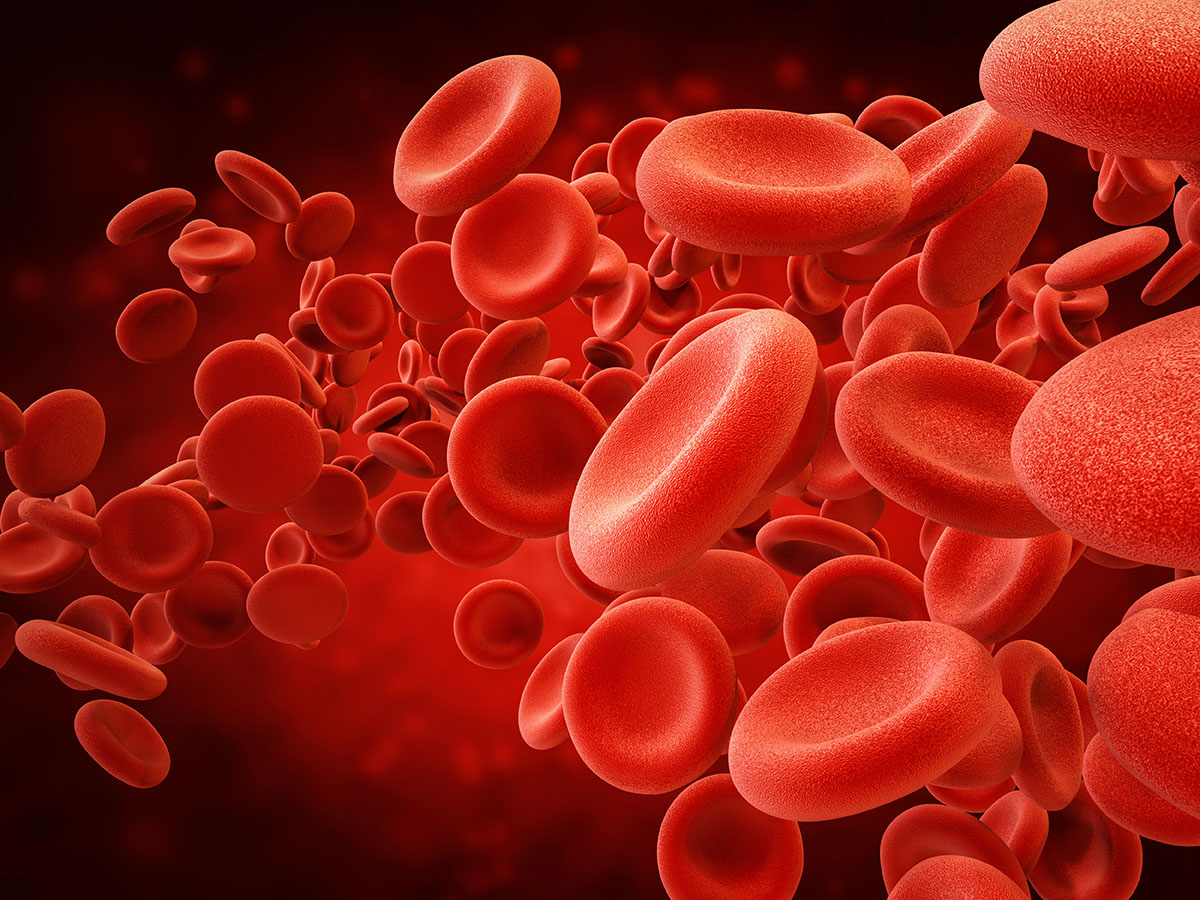

Red blood cells are the most common type of blood cell. They are responsible for carrying oxygen from the lungs to the rest of the body. Red blood cells are made in the bone marrow and have a lifespan of about 4 months.
Red blood cells are very small and round. They are also very flexible, which allows them to move through the narrow blood vessels. Red blood cells are red because they contain a protein called haemoglobin. Haemoglobin is what gives blood its red colour and helps to carry oxygen.
Red blood cells are important for our health. They help to keep us alive by carrying oxygen to our cells. When we don't have enough red blood cells, we can become sick. This is because our cells don't get enough oxygen.
The red blood cells carry oxygen throughout the body.

Noun:
Adjective:
The word "red" comes from the Old English word "reád", which also means "red".
The word "blood" comes from the Old English word "blōd", which also means "blood".
The word "cell" comes from the Latin word "cella", which means "small room".
The first recorded use of the word "red blood cell" was in the 17th century.
The word "red" comes from the Old English word "reád", which also means "red".
The word "blood" comes from the Old English word "blōd", which also means "blood".
The word "cell" comes from the Latin word "cella", which means "small room".
The first recorded use of the word "red blood cell" was in the 17th century.
What do red blood cells do?